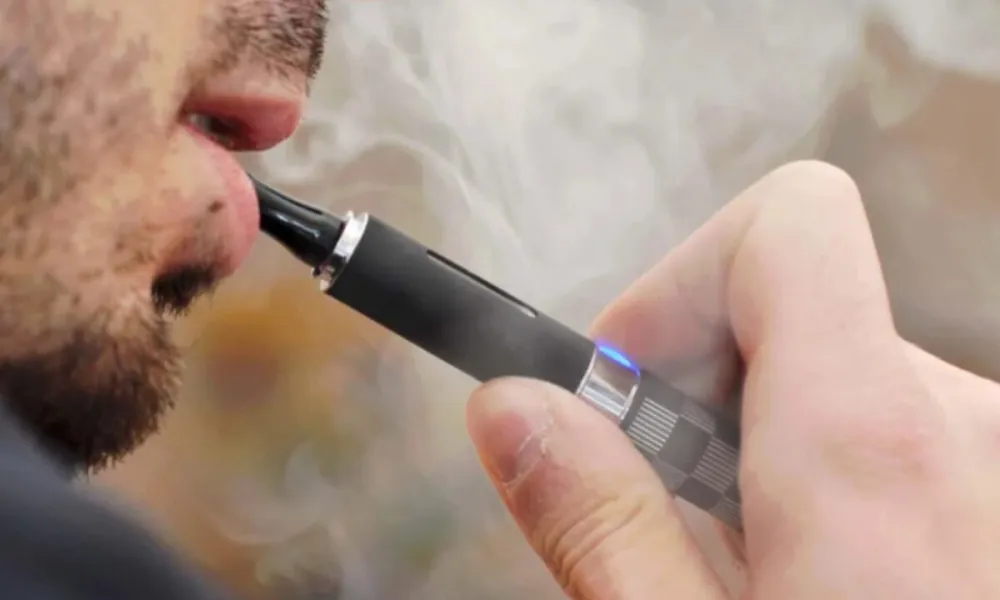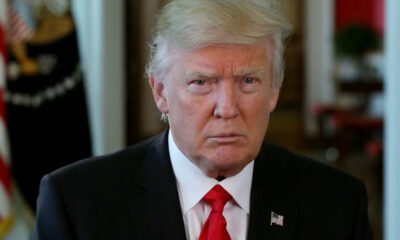Accountability
Mexico completely bans e-cigarettes over health concerns

Due to concerns over it’s health effects, Mexican President Andres Manuel Lopez Obrador signed an executive order Tuesday banning the sale of e-cigarettes, continuing the government’s anti-vaping policy.
President Lopez Obrador said it was a “lie” to claim that e-cigarettes are a safe alternative to inhaling tobacco smoke. “The vapors are also harmful for health,” added Lopez Obrador, who signed a decree introducing the ban on World No Tobacco Day.
He showed a pink vaping device to illustrate how the products are intended to appeal to young people. “Look at the color, the design,” Lopez Obrador said. The new ban covers “the circulation and marketing of these new products,” he added.
Mexico has banned the import of the devices since at least October. Even before that, consumer protection and other laws have been used to stop sales.
Despite Tuesday’s executive order, many Mexicans are still domestically importing or buying e-cigarette packs or liquids under the table or online. Deputy Health Minister Hugo López Gatell denounced industry claims that e-cigarettes are safer than smoking, calling them a “big lie.”
The government’s own figures estimate that at least 5 million Mexicans have tried e-cigarettes at least once.
Mexico City authorities meanwhile announced that smoking of any kind would be prohibited in the capital’s main square, the Zocalo, and surrounding areas in the busy historic district. City Hall said the move was aimed at raising awareness of the health risks.
Smoking has been banned in closed spaces, government offices, shops, bars and restaurants for more than a decade, with exceptions for certain entertainment venues.
E-cigarettes heat a liquid typically containing nicotine and other chemicals into an aerosol. The user inhales the resulting vapor, mimicking traditional cigarettes.
Proponents of vaping say it is safer than traditional tobacco. The World Health Organization considers electronic cigarettes to be harmful to health and has called for tight regulation to stop young people in particular from using them.
More than 30 countries have banned sales of electronic cigarettes, the WHO said last July.
In April, e-cigarette firm Juul agreed to pay $22.5 million in a US lawsuit that alleged the company deliberately targeted teenagers and lied about how addictive its products are.
-

 Executive3 days ago
Executive3 days agoPeter Daszak finally gets his!
-

 Constitution4 days ago
Constitution4 days agoCourt Hasn’t Yet Crippled Trump’s Lead Over Biden
-

 Education4 days ago
Education4 days agoLong Live America!
-

 Civilization3 days ago
Civilization3 days agoRacism That Once Was, Is No More
-

 Executive3 days ago
Executive3 days agoToxic Atmosphere at FDIC Spurs Calls for Chair’s Resignation
-

 Civilization2 days ago
Civilization2 days agoWho is Valentina Gomez?
-

 Civilization1 day ago
Civilization1 day agoWHO’s Odious Plans for Humanity
-

 Civilization4 days ago
Civilization4 days agoClimate change – and depopulation

